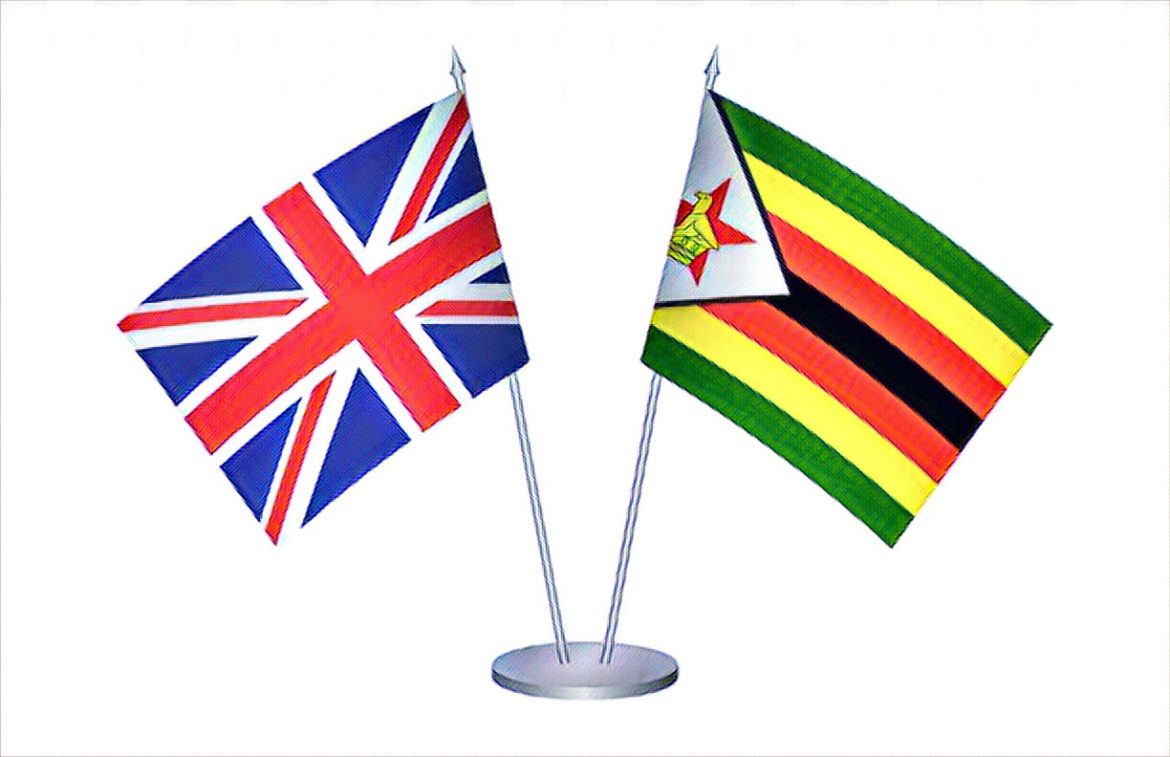Zimbabwe and the United Kingdom have agreed to enhance their cooperation in various sectors, including trade, investment, health, education, and security. The two countries have signed several agreements and memoranda of understanding during the visit of the UK Foreign Secretary Dominic Raab to Harare on Tuesday.
Raab met with President Emmerson Mnangagwa and Foreign Minister Frederick Shava to discuss ways to strengthen bilateral relations and support Zimbabwe’s economic and political reforms. Raab said the UK was committed to helping Zimbabwe achieve its full potential and overcome its challenges.
“We want to be Zimbabwe’s partner as it pursues that brighter future for its people. And we’re determined to support the government and the people of Zimbabwe in addressing the country’s political, economic, security, humanitarian, and health challenges,” Raab said at a joint press conference with Shava.
Raab also announced a new package of £11.6 million ($15.9 million) to support Zimbabwe’s COVID-19 response and recovery, bringing the total UK aid to the country to £40 million ($54.8 million) this year. The new funding will help provide food, water, sanitation, and health services to vulnerable people affected by the pandemic and drought.
Shava thanked the UK for its assistance and expressed hope that the visit would mark a new chapter in the relations between the two countries. He said Zimbabwe was ready to engage with the UK on all mutual interest and benefit issues.
“We are keen to see a relationship that is based on mutual respect, trust, and shared values. We are also keen to see a relationship that is free from any impediments so that we can realize our full potential as partners,” Shava said.
Raab’s visit was the first by a UK foreign secretary to Zimbabwe in 23 years. It came amid signs of thawing relations between the former colonial power and its former colony, which had been strained for decades over issues such as human rights, democracy, and land reform.
Zimbabwe gained its independence from Britain in 1980 after a long liberation war. However, relations soured in 2000 when former President Robert Mugabe launched a controversial land reform program that seized white-owned farms and redistributed them to black Zimbabweans. The UK and other Western countries imposed sanctions on Zimbabwe, accusing Mugabe of violating human rights and rigging elections.
Mugabe was ousted in a military coup in 2017 and replaced by Mnangagwa, who promised to revive the economy and re-engage with the international community. Since then, Zimbabwe has made some progress in implementing reforms and restoring ties with some of its partners, including the UK.
However, challenges remain as Zimbabwe faces a deep economic crisis, exacerbated by COVID-19, drought, and inflation. The country also faces criticism from some human rights groups and opposition parties for alleged violations of civil liberties and democratic principles.
Raab acknowledged that there were still differences between the UK and Zimbabwe on some issues but said they could be resolved through dialogue and cooperation. He also urged Zimbabwe to uphold its commitments to the rule of law, human rights, and free and fair elections.
“We recognize there is still some way to go, but we want to work with our Zimbabwean friends as partners for positive change,” Raab said.
Many observers welcomed Raab’s visit as a positive step towards improving relations between Zimbabwe and the UK. They hoped it would pave the way for more cooperation and opportunities for both countries.
Source: The Herald


